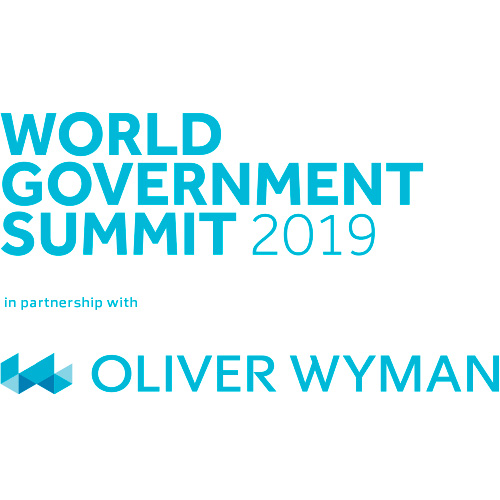Food Security: Building the climate resistant food system of the 21st century
Food Security: Building the climate resistant food system of the 21st century
Food Security: Building the climate resistant food system of the 21st century
- UNDERSTANDING THE CURRENT STATUS QUO
- IMPACT OF INCREASED STRESS ON GLOBAL FOOD SYSTEMS
- METROPOLITAN AREAS CANNOT RELY ON ONE-SIZE-FITS-ALL SOLUTIONS
- GOVERNMENTS CAN LEVERAGE A SERIES OF KEY FOOD SECURITY ENABLERS 5. THE ROAD AHEAD
Food security is the most important issue of our time, given the dramatic advance of climate change and increasingly severe weather events as well as population growth, increased urbanization, aging population, changing dietary patterns, and decreased arable land.
Meeting future demand will require a change in the status quo and a reinvention of our global food system. This will mean rethinking and restructuring everything from investments in production and infrastructure to our welfare programs and dietary patterns.
This paper offers to consider the issue of global food security through different lenses including megatrends, technology, value chain disruption, urbanization, changes in consumption patterns. and include the requirements from the various parties involved: Companies, Governments, R&D centers and Citizens.
Meeting future demand will require a change in the status quo and a reinvention of our global food system. This will mean rethinking and restructuring everything from investments in production and infrastructure to our welfare programs and dietary patterns.
This paper offers to consider the issue of global food security through different lenses including megatrends, technology, value chain disruption, urbanization, changes in consumption patterns. and include the requirements from the various parties involved: Companies, Governments, R&D centers and Citizens.






